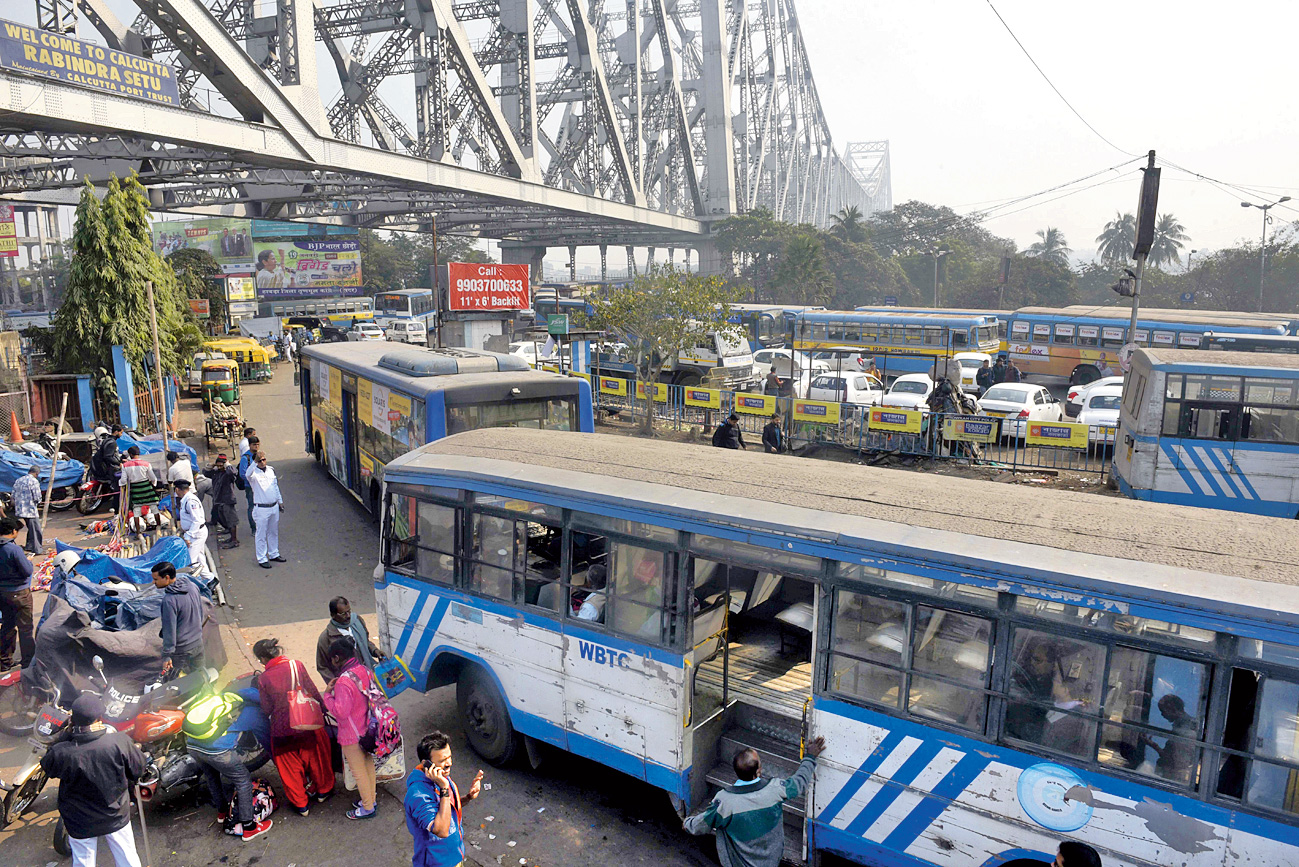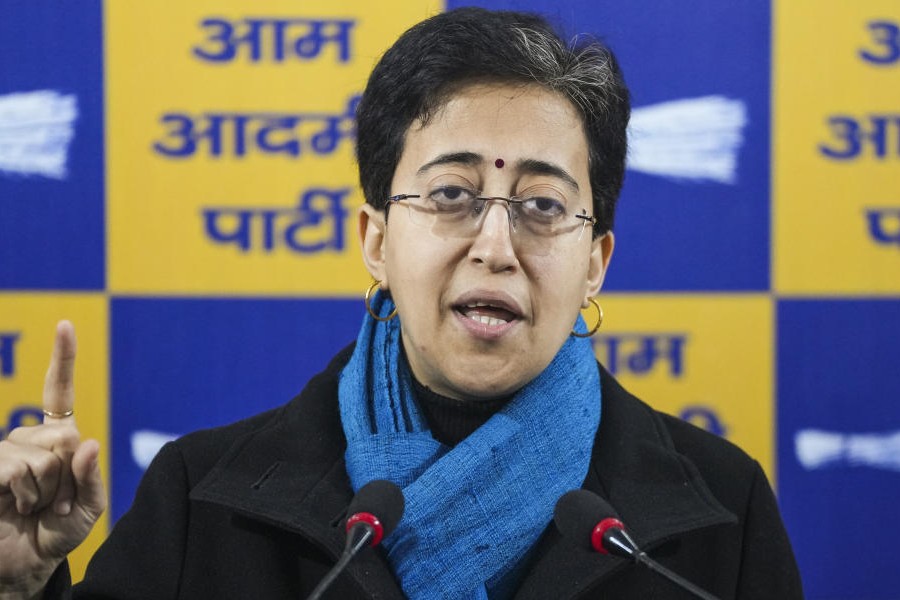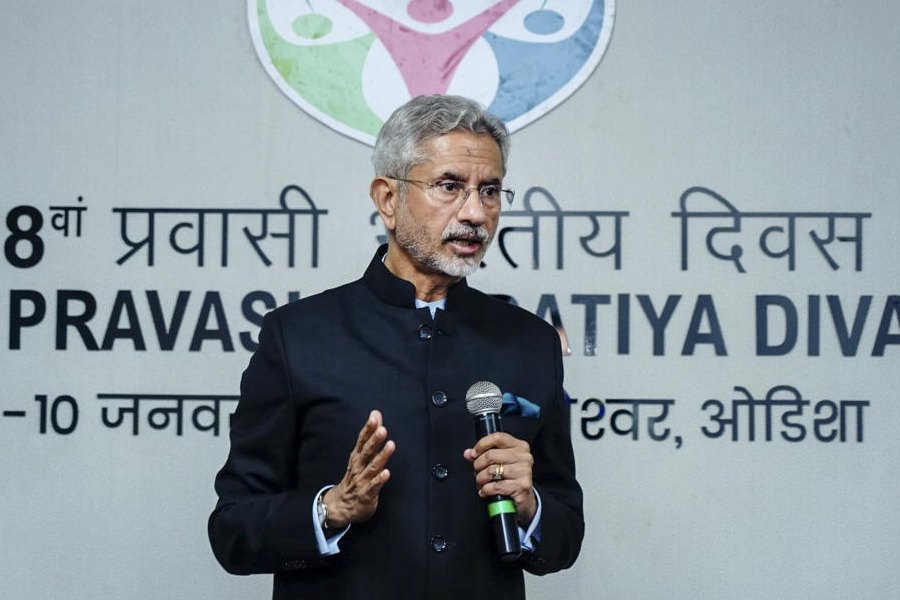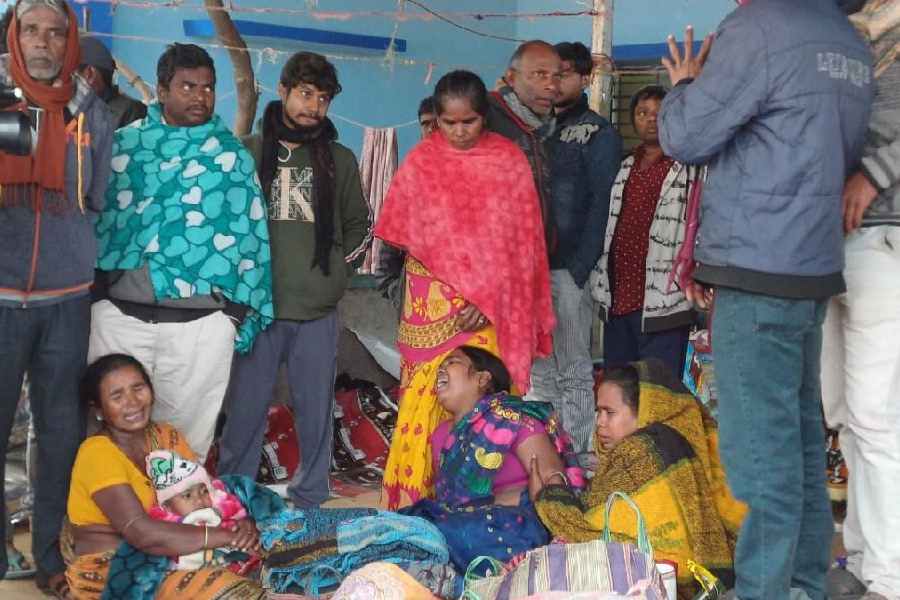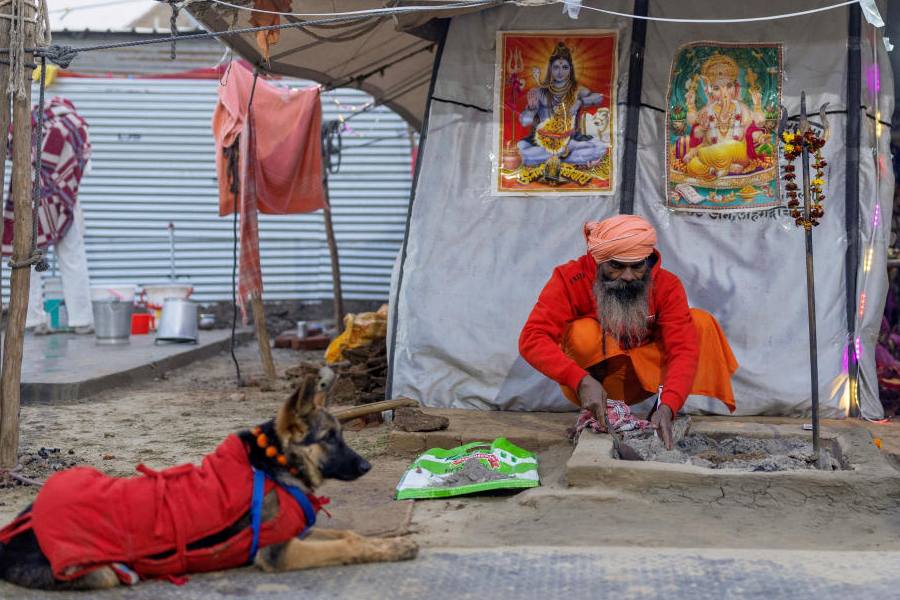Buddhadeb Bhattacharjee, during his tenure as the Bengal chief minister, would often publicly apologise for his party’s contribution in introduction of words like bandh, lockout and dharna to the state's urban lexicon.
As the state is going through another bandh call, he need not be apologetic anymore and could well thank his successor, Mamata Banerjee, for relieving him of the discomfort.
The two-day general strike called by 10 central trade unions to protest the Centre's “anti-people policies” failed to disrupt normal life in Bengal on Day 1 on Tuesday.
The proof that the shutdown call failed miserably came in the evening when the unions “strongly condemned” in a joint statement the “anti-bandh measures” in the state.
For decades since the 1970s, any nationwide shutdown call would see most “success” in Bengal, Kerala and Tripura, the three states where the Left Front could enforce a shutdown with impunity. On Tuesday, although some impact was reported from Kerala, besides several northeastern states, Odisha, Jharkhand, Karnataka and Maharashtra, Bengal remained largely free of disruption.
CPM state secretary Surjya Kanta Mishra claimed that this was the “most successful”bandh in Bengal since the 1970s. Citu state president Subhas Mukherjee virtually echoed him. But even within Alimuddin Street, some sections in the CPM admitted in private that such assertions betrayed the failure of the shutdown call.
With chief minister Mamata Banerjee determined to crush the shutdown administratively and politically, only a few stray incidents of violence and disruption were reported from a handful of pockets in the state. Government and private offices, the IT and ITES sector, shops and other private establishments, besides transport facilities, mostly functioned normally.
Industrial belts, such as West Burdwan’s Durgapur and Asansol and East Midnapore's Hadlia, remained normal and workers in coalmines, steel plants and refineries turned up by in thousands. Even in the Darjeeling hills, apart from instances of workers not attending work in a handful of tea gardens, it was business as usual on Tuesday.
The only traces of partial impact were seen in the PSU banking and insurance sectors, which remain heavily unionised.
“It was a total failure. Not because the ruling establishment opposed it, but because the people led by Mamata Banerjee have moved on from the unholy culture of shutdowns in Bengal,' said senior minister and Trinamul Congress secretary-general Partha Chatterjee.
In Calcutta and elsewhere in the state, people went about their daily business like on any other day. The shift from the past — when a bandh call was enough to keep people away — was apparent as the willingness in keeping normality unhindered was palpable. That was despite the presence of thousands of bandh-enforcers spread out at vantage points.
Other than minor disruptions in traffic and one minor incident in the Metro, life in Calcutta remained unaffected by the shutdown. The city’s streets actually witnessed traffic jams. Till about a decade ago, any bandh day in the city meant deserted streets where boys played cricket in the thoroughfares.
Sources in Trinamul said Mamata had been determined to crush shutdowns since coming to power in 2011, although she did use it frequently as a tool of protest during her days in the Opposition. They said the shift in popular opinion against such disruption went a long way in foiling such exercises.
During the day, numerous protesters were arrested for acts of vandalism or disruption. In several places, bandh supporters burned effigies of Prime Minister Narendra Modi.
In Howrah, North and South 24-Paraganas, Nadia, East Burdwan, Birbhum and Darjeeling districts, clashes took place between Trinamul supporters and those rooting for the bandh. At some places, such as in Birbhum's Rampurhat, scuffles broke out between the shutdown supporters and police.
Train services in the South Eastern and Northeast Frontier railways were affected in the morning because of blockades at some points, causing delays for several trains.
The BJP, against whose government at the Centre the bandh has been called, virtually echoed Trinamul in calling the strike a total failure.
“The people of Bengal have completely rejected the strike, as it was called by parties struggling for relevance, ahead of the elections,” said BJP state chief Dilip Ghosh.

